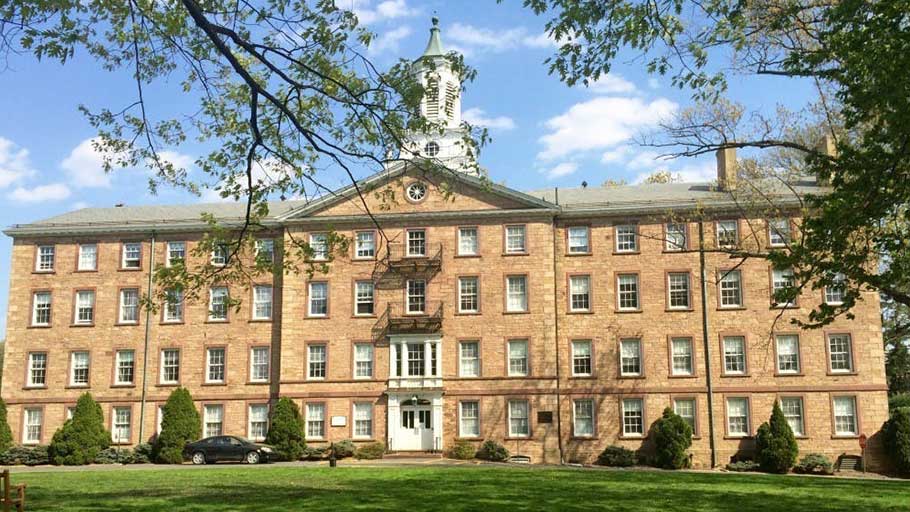
By Kelly Heyboer — Princeton Theological Seminary pledged last week to use $27.6 million of its endowment to pay reparations for the school’s historic ties to slavery, believed to be the…

By Kelly Heyboer — Princeton Theological Seminary pledged last week to use $27.6 million of its endowment to pay reparations for the school’s historic ties to slavery, believed to be the…
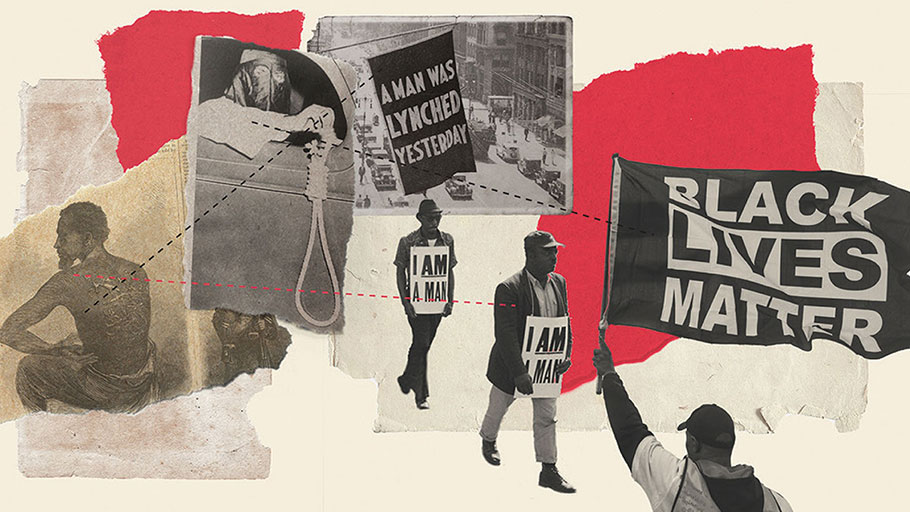
The city of Charleston, South Carolina chosen for its “deep connection to slavery” and its legacies. By Skyler Baldwin, Charleston City Paper — The announcement came last week for a…
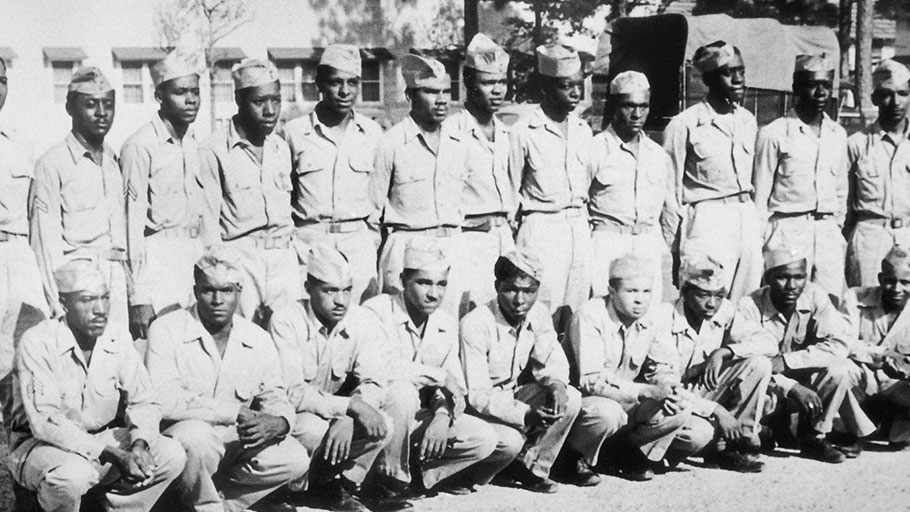
Black enlisted men were used as human guinea pigs in chemical experiments during World War II—not by Nazi Germany, but by Uncle Sam. By David Love — As was reported by…
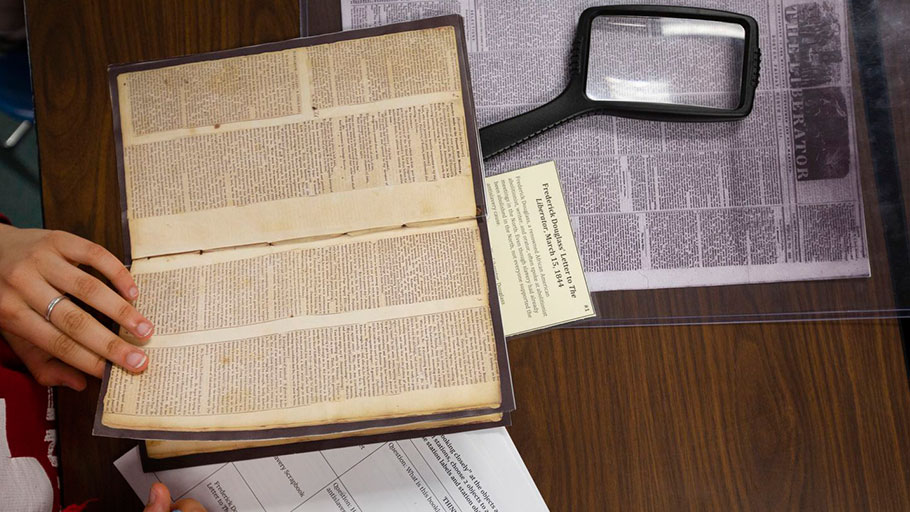
By Emily Guskin, Scott Clement and Joe Heim, The Washington Post — Americans have spotty knowledge of central facts about the history of slavery in the United States, although younger adults have an edge over their elders, according to a Washington Post-SSRS poll. Even so, a solid majority say the legacy of slavery affects American society today, including majorities across racial, partisan and generational lines. The Post-SSRS poll quizzed a random…

By Omar Farah, The Daily Princetonian — On Oct. 18, Princeton Theological Seminary announced its plans to finance reparations, making it the second theological institution in the nation, after Virginia Theological…

A free forum on reparations for slavery at the Gaillard Center on Nov. 2 will be hosted by the National African American Reparations Commission (NAARC), the American Civil Liberties Union…
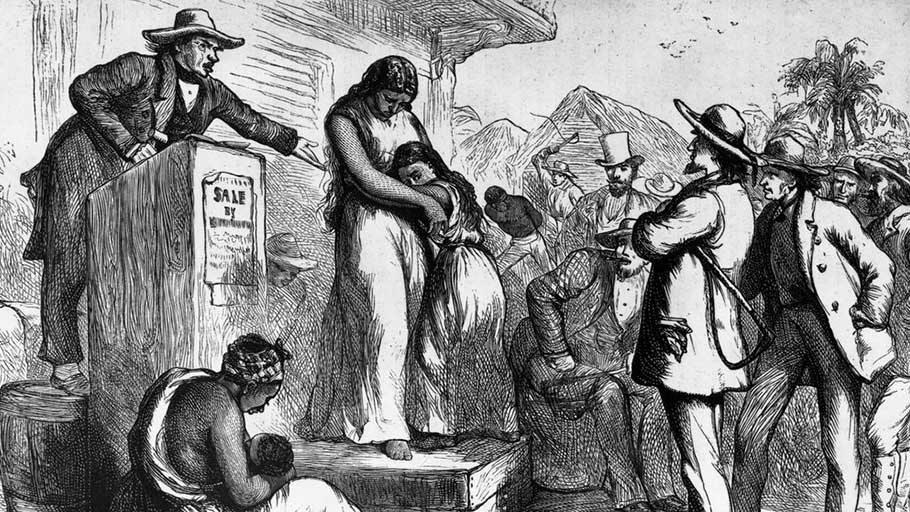
Two new books tell the stories of people kidnapped and sold into slavery. One of them sued successfully. By Eric Herschthal, The New Republic — When we think about slavery,…
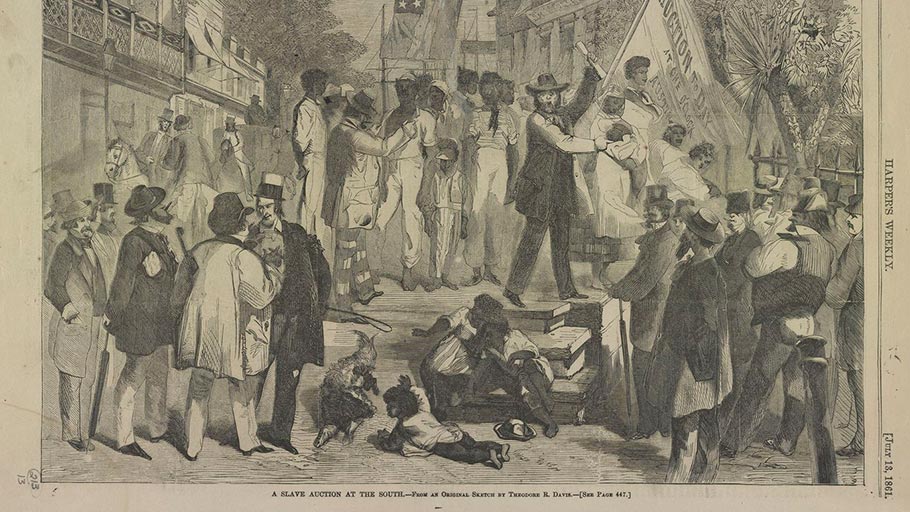
Now, a search for descendants of the ‘weeping time.’ Historians Henry Louis Gates Jr. and James Swanson are writing a new account of the notorious 1859 auction of 429 slaves and searching for descendants. By Michael E. Ruane, The Washington Post — It poured rain at the Georgia racetrack that Wednesday and Thursday, and the wind blew water into the covered grandstand where the merchandise was gathered for auction. Many…
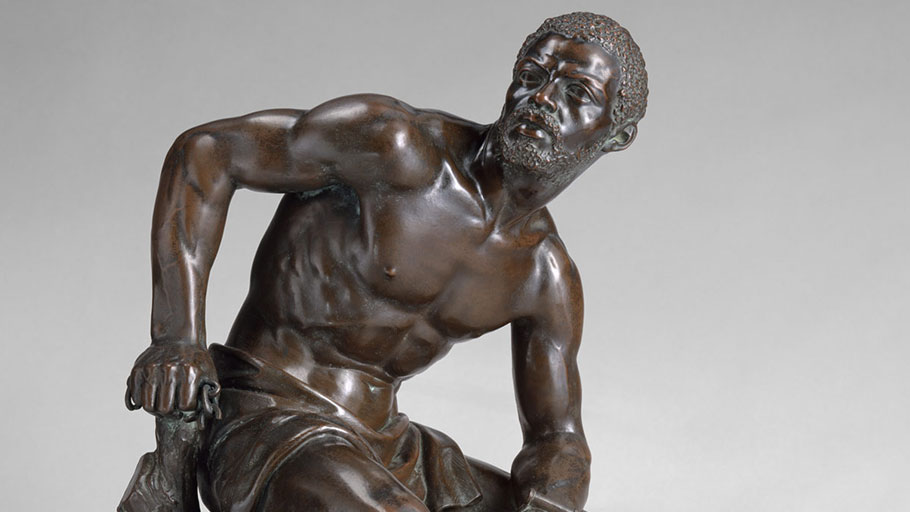
By Thomas A. Foster, History News Network — Editor’s note: This is an excerpt from Rethinking Rufus: Sexual Violations of Enslaved Men by Thomas A. Foster. Reprinted with permission from The University of Georgia Press. The promise of freedom may also have been used to entice enslaved men into sexual contact with white women. In eighteenth-century Pennsylvania, one court record of punishment meted out to a white woman and an enslaved man for…
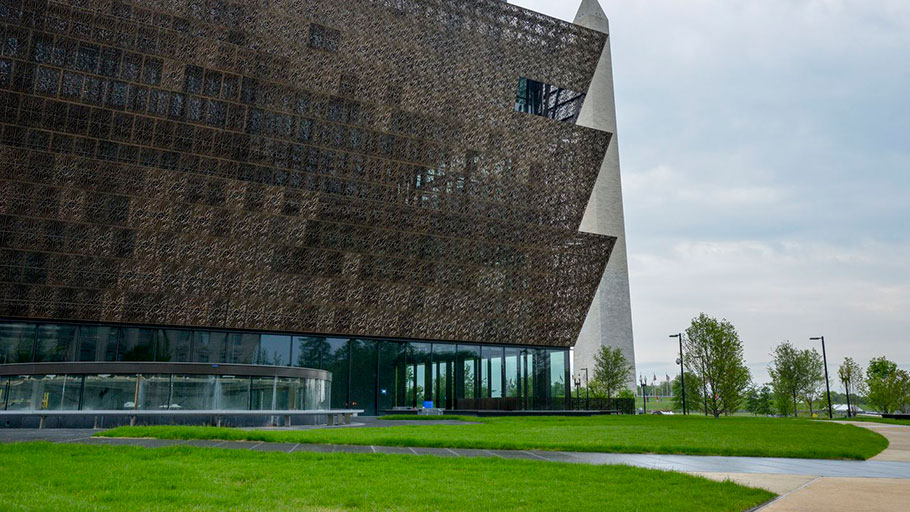
By Lonnie Bunch, The Washington Post — In his influential treatise on race, “The Fire Next Time,” James Baldwin wrote, “To accept one’s past — one’s history — is not the same thing as drowning in it; it is learning how to use it. An invented past can never be used; it cracks and crumbles under the pressures of life like clay in a season of drought.” Baldwin’s words…

By Jay Reeves, Associated Press — MOBILE, Ala. — Alabama steamship owner Timothy Meaher financed the last slave vessel that brought African captives to the United States, and he came…
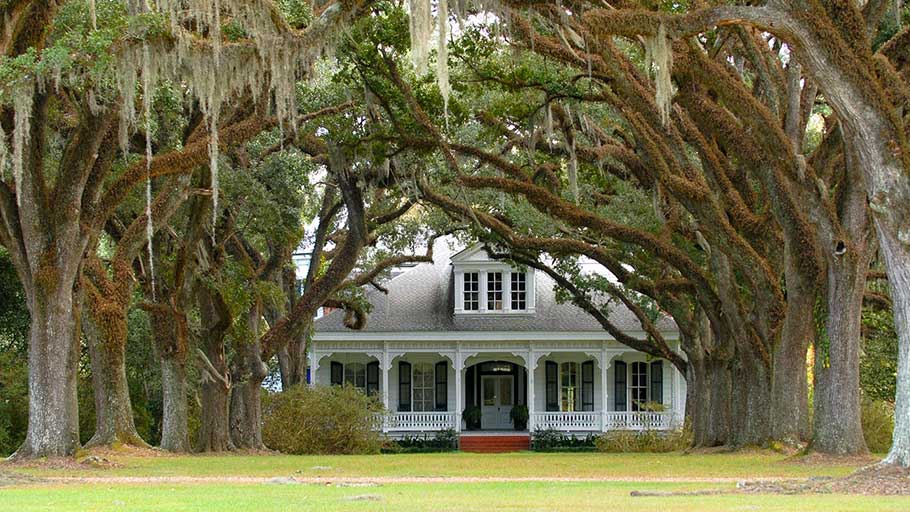
Aesthetically, the antebellum plantations of the Old South are undeniably beautiful. But they’re built on human degradation. By Patricia J. Williams, The Nation — It was not a kind thought…